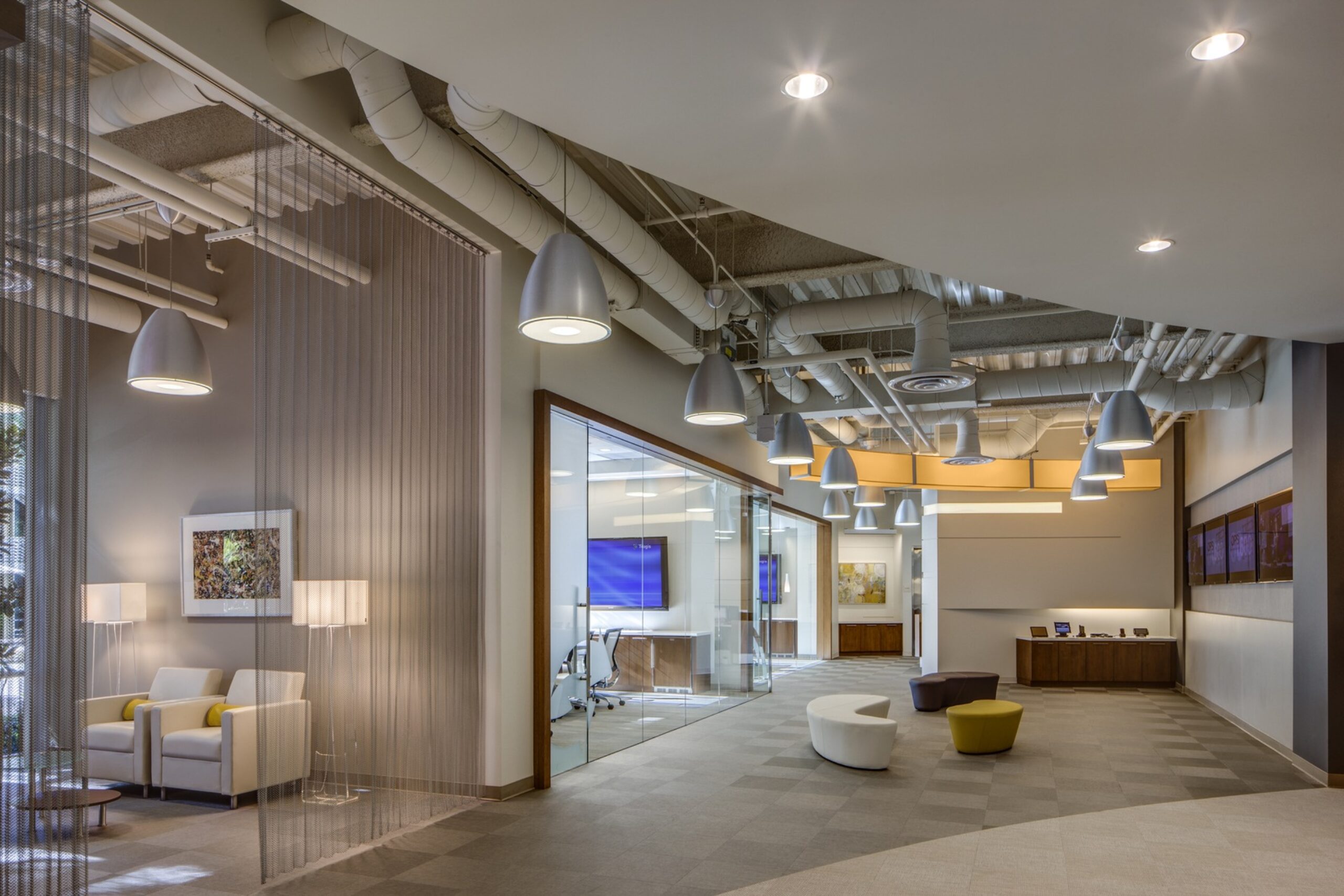Presented by: Forbes Human Resources Council
Author: Drew Carter, Director of Currents Studio, Hendy
In a workforce where millennials are in the majority, it makes sense that modern employers have adapted to this generation’s preferences. They know that if they want to retain and recruit employees, they’ll need to offer the things millennials want in a workplace, such as the flexibility and independence to achieve a certain quality of life.
At the same time, you don’t want to offer perks like remote work or flex hours if it’s going to compromise your company’s core values or production goals. So how can you strike the right balance? Here’s how Forbes Human Resources Council members recommend catering to millennial preferences while still staying true to your business model.
1. Start Small
Companies that have difficulty allowing employees to work fully remote can start small by allowing flexible hours, or assigning each employee a different day of the week to work from home. While telecommuting may not be possible in some roles or industries, companies at which it is feasible and those adjusting to the change can take small steps to provide the flexibility that Millennials seek. – John Feldmann, Insperity
2. Create a Hybrid Work Environment
A hybrid work environment allows for flexibility and choice, which are two things Millennials value. Offer an open work environment, a work from home day (or two) or private work arrangements. The work environment is becoming more important to the majority of the workforce, which is one element that retains top talent and doesn’t require the company to bend and break their rules. – Tiffany Jensen, Pure Grips
3. Offer Them Influence and Involvement
While most employers equate flexibility with the numbers of hours worked, millennials desire different types of flexibility, including influence and involvement. Consider how your company can leverage them to provide recommendations to some of these issues. Give them a forum to provide solutions by soliciting their input through focus groups and culture committees. Listen and take action. – Geline Midouin, McCann Health
4. Provide Opportunities for Professional Development and Career Fluidity
Retaining the best people, millennials or otherwise, means offering ongoing opportunities for greater flexibility and professional development. Allow employees to explore new or different career paths within your company, instead of losing them. Provide learning options where employees can build new skills and pursue their passions. Support your people and you’ll see positive energy in their work. – Vivian Maza, Ultimate Software
5. Create Unique Experiences
Mixing up the mundane engages new and existing talent. Create experiences that foster cross-company exposure. Organize “speed-date” style happy hours where millennials can have short, high-impact conversations with senior leaders. Host community service projects and learning opportunities to build company acumen. Millennials want to influence, and events like these can engage and provide visibility. – Stacey Browning, Paycor
6. Get the Basics Right First
I believe as more millennials come into the workforce, there will be more competition for jobs, not less. Therefore, although there are things companies should do to adapt to millennials (such as flexible schedules), providing advancement opportunities, a positive culture, competitive wages/benefits and caring about them as individuals will always be important, regardless of generation. – Frank Molinario, Security First Insurance Company Inc
7. Implement Performance-Based Management
Most millennials prefer flexible schedules that enable them to balance work-life needs. Employers should consider performance-based management whereby company, team and individual goals are communicated and desired outcomes are clearly understood between manager and employee. Millennials who are professionals will appreciate and meet or exceed those goals in trade for flexibility. – Genine Wilson, Kelly Services
8. Apply Your Values to the Millenial Mindset
Recognize all generations want the same things. All employees want feedback, independence, flexibility and quality of life. The millennial generation is just expressing what all generations want. With that in mind, examine your values and how they apply to this mindset. Modify or create processes that reinforce the company values and goals, and leverage technology to support it. – Charles Ashworth, Copper
9. Foster a Culture of Work-Life Integration
Beyond work-life balance, there’s work-life integration. Mix elements that millennials would enjoy into the office culture and environment (e.g., wellness programs, fun team events, social responsibility initiatives, sponsored meals/snacks, etc.), and allow the work to be integrated seamlessly into their personal lives (telecommuting, flexible schedules, etc.) while maintaining accountability. – Angela Nguyen, Ad Exchange Group
10. Align Your Company with Millennials’ Values
Millennials hold organizations they work for to a high standard. They seek well-rounded opportunities that offer them opportunities to learn and grow. They value diversity, inclusivity and flexibility and look for organizations that support community. Organizations that can align with what the millennial workforce values will be best positioned to attract and retain the best millennial talent. – Suzanne Hyatt, Hyatt Human Capital Solutions
11. Integrate Technology to let Millennials Shine
Millennials have a native intelligence for navigating technology-rich landscapes. Millennials are at home in these spaces and adapting means designing physical and digital landscapes that connect people and enhance how they produce and share. Create an environment in which they can thrive by empowering them to share their talents and perspectives. This new way of mentoring flows both directions. – Drew Carter, H. Hendy Associates
12. Listen to Employees of All Generations
There are more similarities in values than differences across generations. Leaders of an organization must understand what employees value both personally and professionally. Leaders must be willing to listen to their employees to understand what matters most to employees. Organizations can meet all workforce needs by being able to connect the company core values and production goals. – Sherry Martin, OmniTRAX
